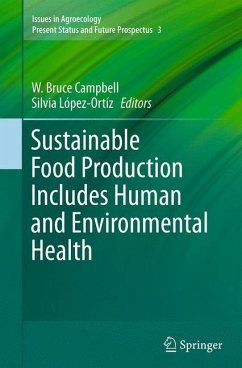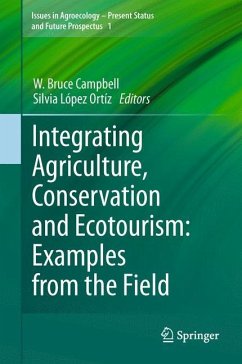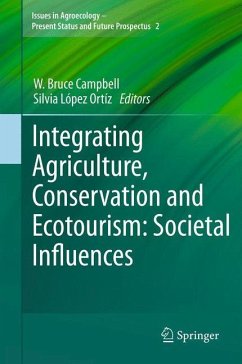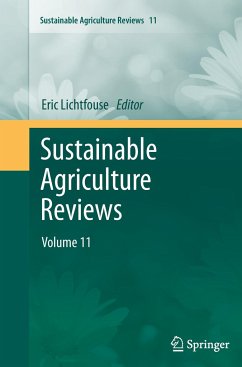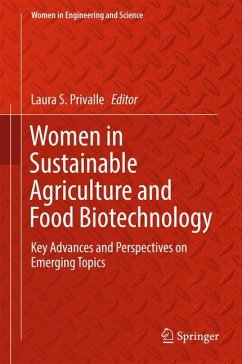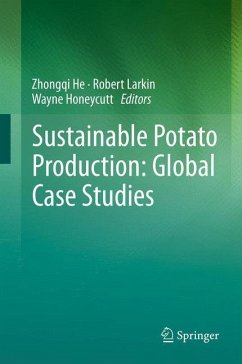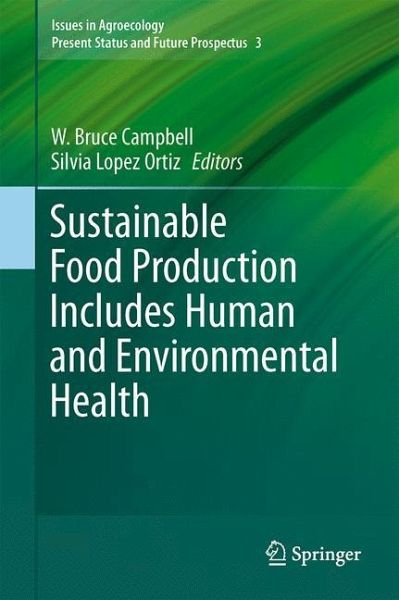
Sustainable Food Production Includes Human and Environmental Health

PAYBACK Punkte
57 °P sammeln!
Agroecology not only encompasses aspects of ecology, but the ecology of sustainable food production systems, and related societal and cultural values. To provide effective communication regarding status and advances in this field, connections must be established with many disciplines such as sociology, anthropology, environmental sciences, ethics, agriculture, economics, ecology, rural development, sustainability, policy and education, or integrations of these general themes so as to provide integrated points of view that will help lead to a sustainable construction of values. Such designs are...
Agroecology not only encompasses aspects of ecology, but the ecology of sustainable food production systems, and related societal and cultural values. To provide effective communication regarding status and advances in this field, connections must be established with many disciplines such as sociology, anthropology, environmental sciences, ethics, agriculture, economics, ecology, rural development, sustainability, policy and education, or integrations of these general themes so as to provide integrated points of view that will help lead to a sustainable construction of values. Such designs are inherently complex and dynamic, and go beyond the individual farm to include landscapes, communities, and biogeographic regions by emphasizing their unique agricultural and ecological values, and their biological, societal, and cultural components and processes.





